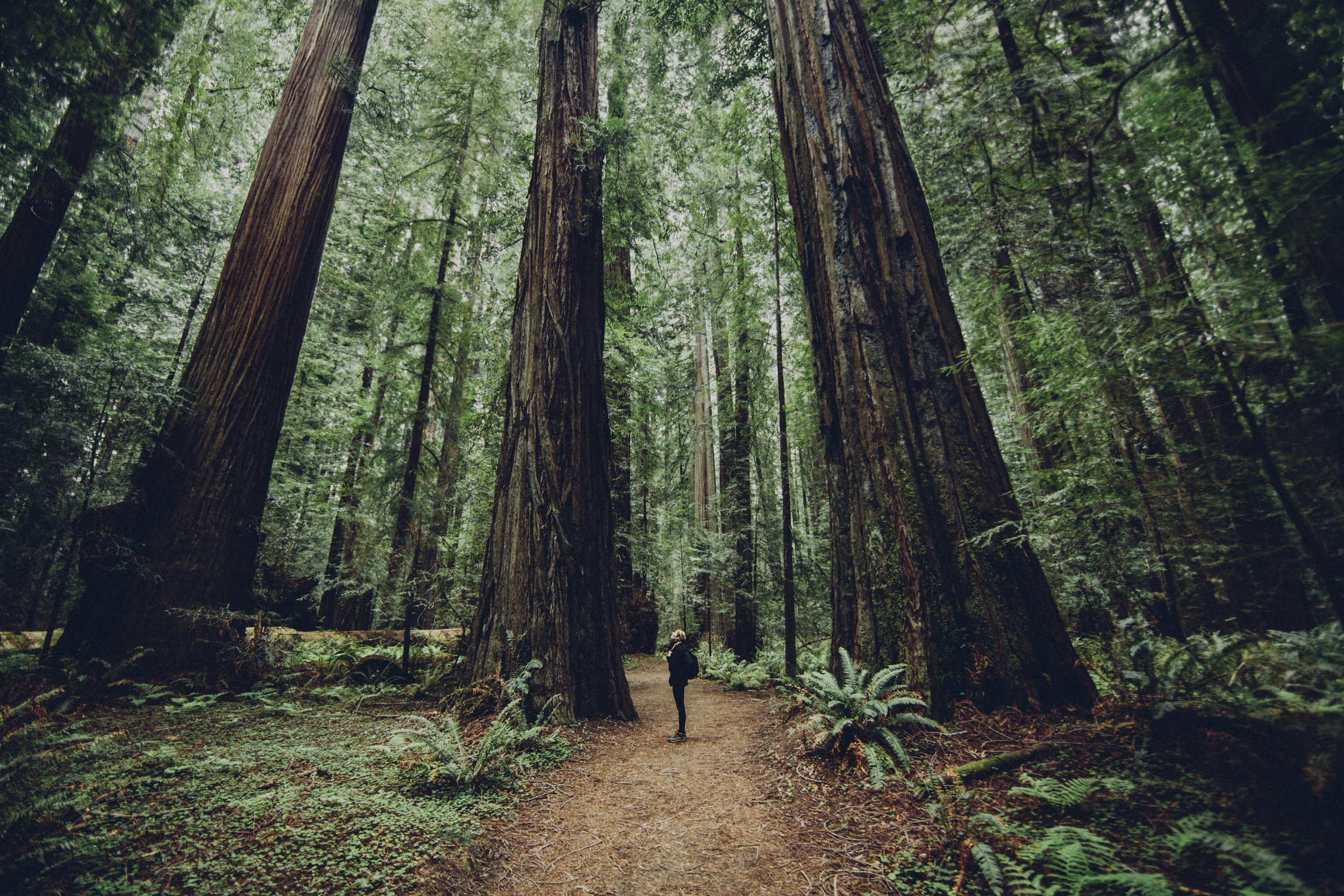
Researching death, dying and bereavement in Australia today.
About this project
Interviews.
We want to hear from people who are approaching the end of their life, and from their family and friends. We also want to speak to people who have been bereaved, so we can understand better this important part of life, from a range of different perspectives. This will involve a 30-60 minute interview at a time and place that suits you. Find out more.
Diaries.
If you complete an interview with us, we will ask you if you want to participate in another part of the project. For example, we may ask if you want to keep a diary of your day-to-day experiences for a month. Once you have finished the diary, we will arrange a follow-up interview so we can discuss what you have written. Find out more.
Photographs.
Another option is to participate in the photo elicitation part of the project. If you agree to take part in this, we will ask you to take photos of your day-to-day experiences and send them to us. When you have finished, we will invite you for an interview to discuss the images you have taken and what they mean to you. Find out more.
The team.
We are a team of social researchers from The University of Sydney. Led by Professor Alex Broom, the team also includes Dr Katherine Kenny, Associate Professor Nadine Ehlers, Dr Leah Williams Veazey, Dr Henrietta Byrne, and Dr Stephanie Raymond. We are all based at the Sydney Centre for Healthy Societies at The University of Sydney.
The partners.
The project is supported by a range of clinical and community organisations. Current partners include St Vincent’s Private Hospital, Brisbane, and HammondCare. We are very grateful for their support.
The funder.
This project is supported by an Australian Research Council Discovery Award (2023).





